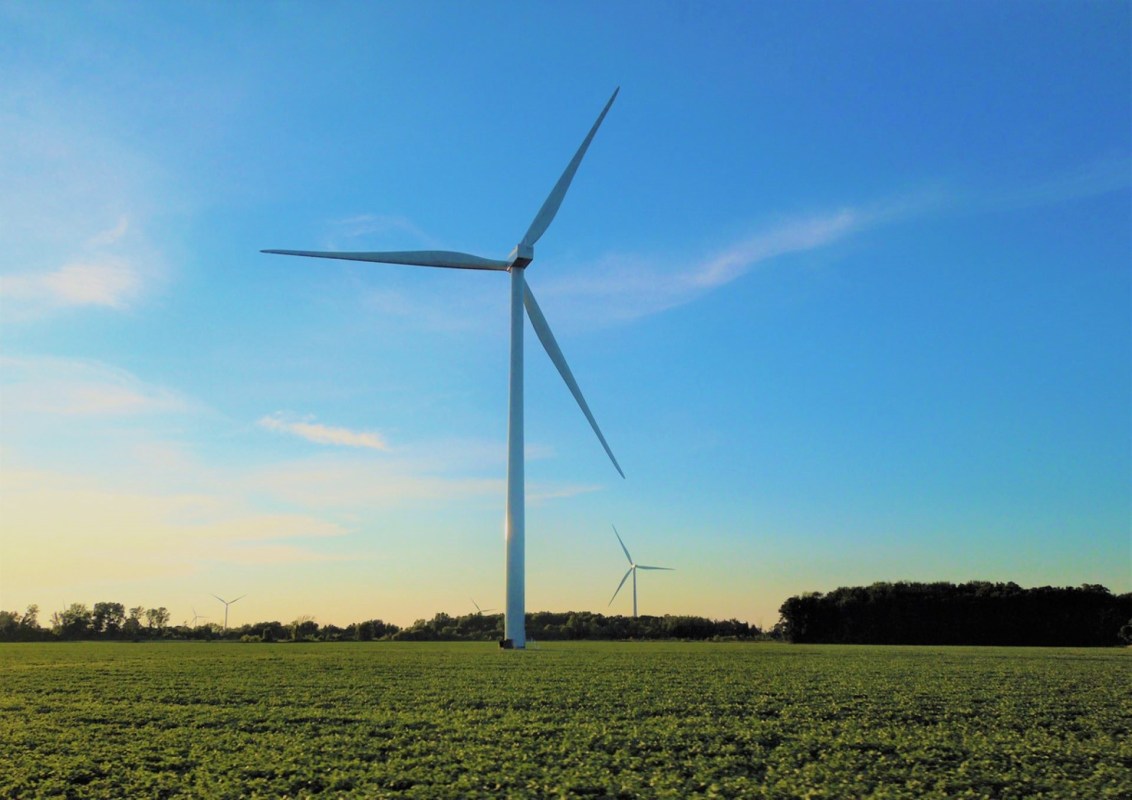Michigan has upped its commitment to sustainable power by introducing a new state law that demands utility companies provide 100% renewable energy by 2040.
The milestone is accompanied by incremental targets in the preceding years, according to the website of State Senator Sam Singh. Under the Clean Energy Future plan, an 80% clean energy standard must be achieved by 2035, while renewable standards of 50% and 60% should be reached by 2030 and 2035, respectively.
"Fifty years ago, the extent of coal and oil's threats were just being realized. Twenty years ago, coal plants were still being proposed in-state. Now, a 100% clean energy future is in sight," Michigan Environmental Council chief policy officer Charlotte Jameson said in a statement published by Electrek.
As the outlet reported, Michigan became the 12th state to announce such an ambition, while it also became the first Midwestern state to set an energy storage standard of 2.5 gigawatts by 2030.
"These bills represent significant progress in ensuring more affordable, reliable, and sustainable energy in Michigan, creating job opportunities and supporting our workers in the transition to clean energy production in the process," Sen. Singh said in a press release.
According to the U.S. Energy Information Administration, Michigan is still reliant on the dirty energy industry. In 2022, the in-state generation of electricity from natural gas stood at 34%, a marked increase from the 11% this polluting source generated in 2010.
Meanwhile, renewable sources only provided 12% of the state's energy production, with wind energy the main contributor to that total.
But Michigan boasts one of the largest hydroelectric pumped-storage plants in the world, featuring a capacity of 2,000 megawatts.
The Clean Energy Future announcement came after the state senate approved legislation that will simplify the approval process for large-scale renewable energy projects, which should help the state meet its ambitious targets.
Also helping to achieve these lofty goals is the announcement of a program under the Clean Energy Future Plan that would allow farmers to lease land for solar energy projects.
"This practical policy is pro-farm, pro-environment, and — most importantly — it respects owners' property rights," said Senator Kristen McDonald Rivet. "Farm owners needing solar as an income source should have that option without being forced to lose their heritage farmland status."
Join our free newsletter for cool news and actionable info that makes it easy to help yourself while helping the planet.









